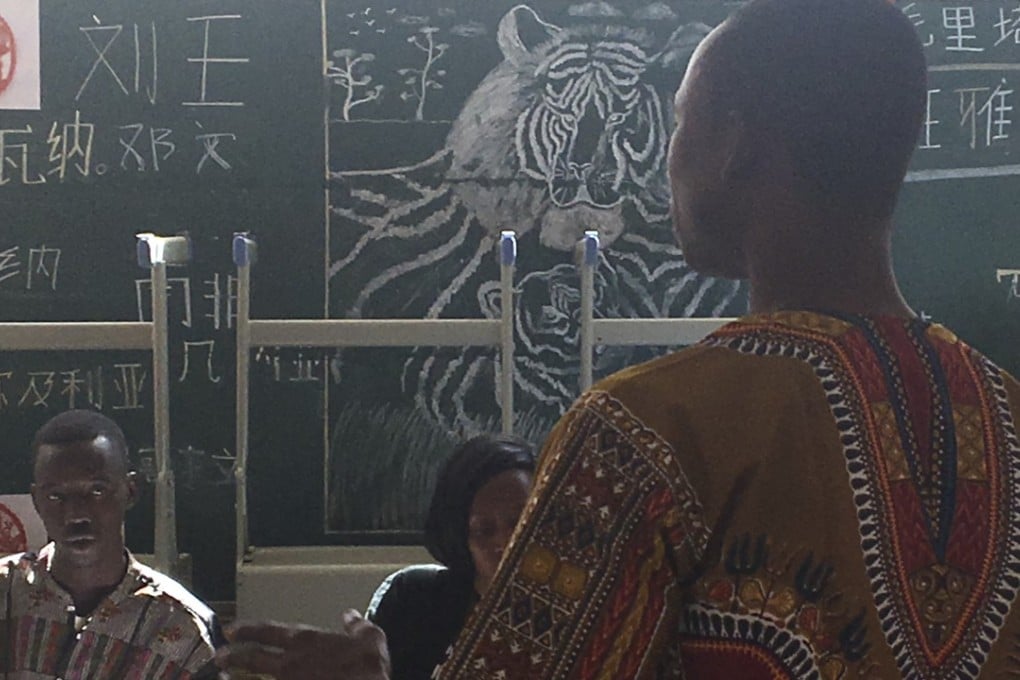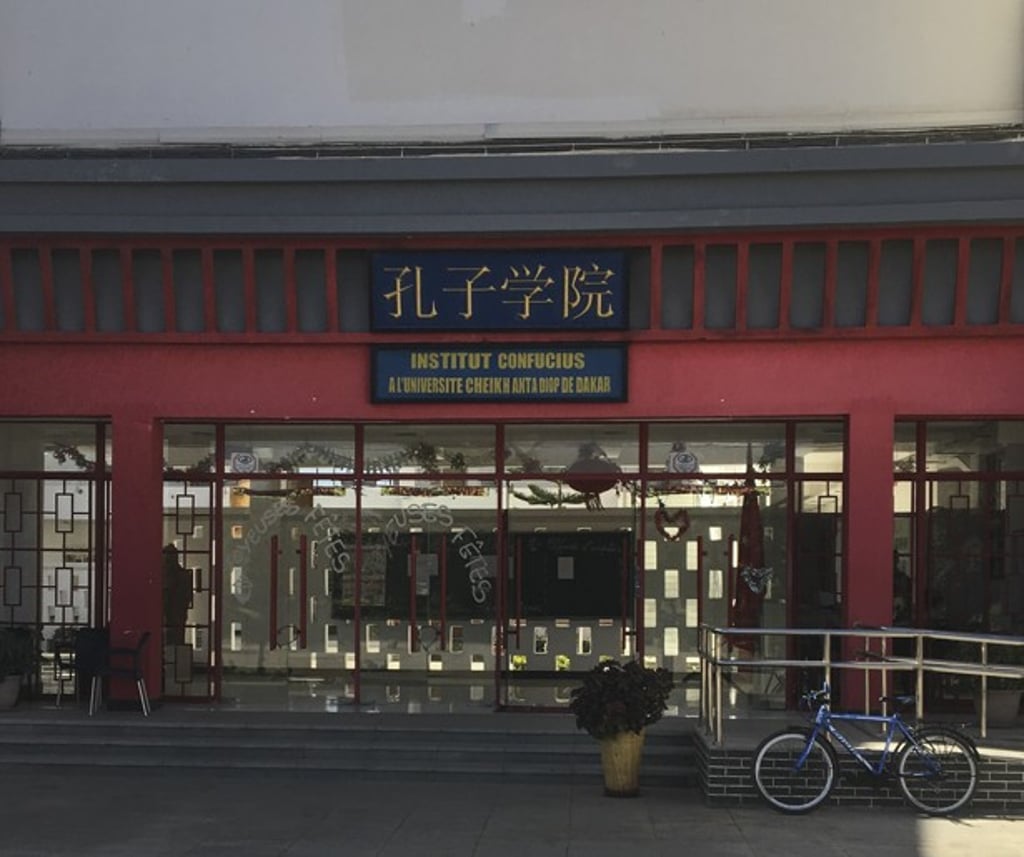How Mandarin is conquering Africa via Confucius Institutes and giving China a soft-power advantage
Already Africa’s most important economic partner, China is also leaving a cultural footprint across the continent with more than 50 Confucius Institutes teaching Mandarin to students eager to get jobs at Chinese companies

On a sticky afternoon in a dark classroom at the Confucius Institute in Dakar, first-year students repeat after their teacher in Mandarin: “Where is the canteen?”
The ensuing wall of sound pervades the classroom in the Senegalese capital, which is equipped with Chinese books, posters and a whiteboard covered in Chinese characters.
US alarmed by China flooding Africa with much-needed money
Their teacher, Koumakh Bakhoum, spent three years at Dalian University in China’s Liaoning province mastering Mandarin before returning home in 2016 to teach at the institute.
Bakhoum says today’s class is all about visiting a university canteen. “All of them have to be able to speak this sentence, and we have to repeat it many times,” he says.
The institute, in the grounds of Cheikh Anta Diop University, was funded by the Chinese government at a cost of US$2.5 million and was opened in February 2016 by the Chinese ambassador to Senegal. It replaces the original institute building that opened in 2012, and now hosts 500 students with facilities including seven lecture halls, a multimedia hall, an amphitheatre and a library.
Beijing also pays for the running costs, including salaries for 12 staff members, while all classes are subsidised.
